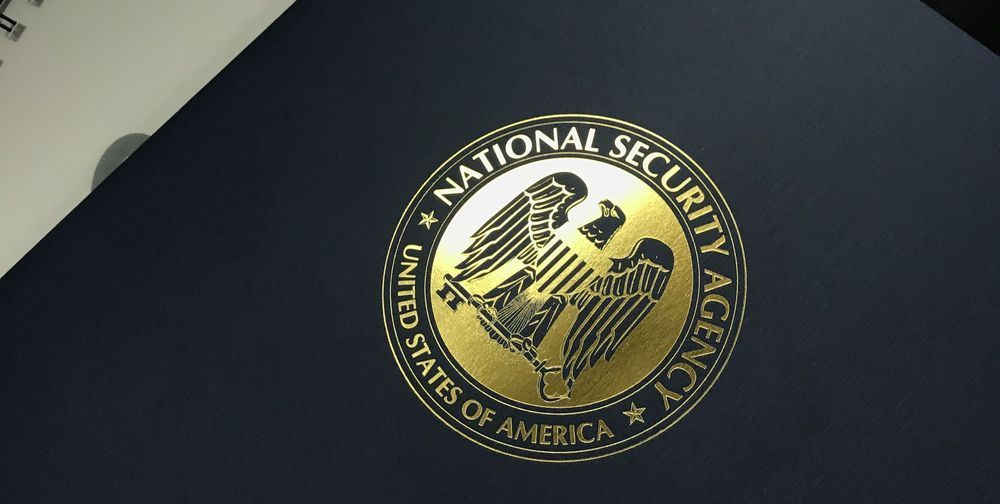Sep 19, 2019
Researchers Think It’s a Good Idea to Secure Your Phone Using the One Thing You Perpetually Lose
Posted by Genevieve Klien in categories: mobile phones, privacy, security
Apple’s FaceID authentication system started moving smartphone users away from relying on fingerprints to secure their mobile devices, which are arguably less secure. But researchers think they’ve come up with an even better biometric tool for protecting a device that uses a part of the body that’s nearly impossible to spoof: a user’s ear canals.
A team of researchers led by Zhanpeng Jin, an associate professor in the Department of Computer Science and Engineering in the University of Buffalo’s School of Engineering and Applied Sciences, created a new authentication tool called EarEcho, which is somewhat self-explanatory. The team modified a set of off the shelf earbuds with a tiny microphone that points inside the wearer’s ear, not out towards the world around them. It’s not there to pick up ambient sounds to facilitate a noise-canceling or feature, or even the wearer’s voice for making calls; the tiny mic is instead tuned to listen to the echo of sounds as they’re played and then propagate through the ear canal.















